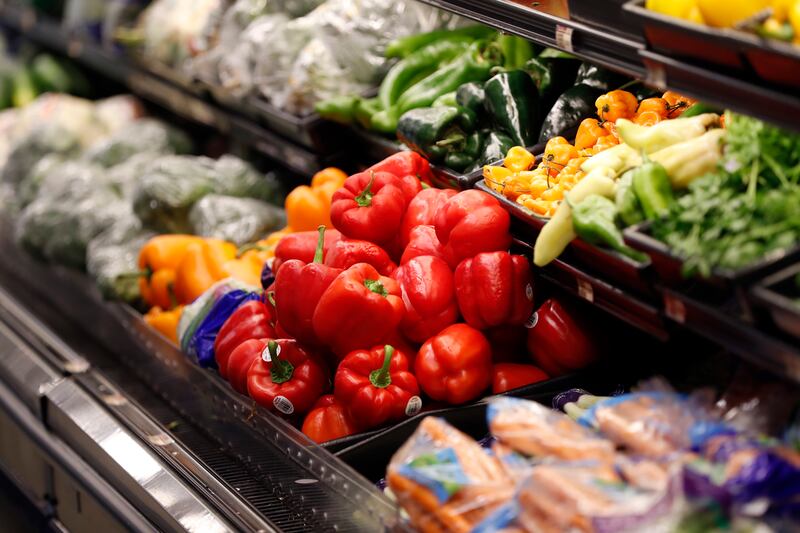Dairy foods, and cheese in particular, have been under scrutiny as nightmare-inducing for a long time. Pop culture references such as Ebenezer Scrooge attributing the ghosts that visit him to “a crumb of cheese” in “A Christmas Carol,” and a 20th-century comic strip depicting people’s unsettling dreams as the result of feasting on Welsh rarebit — a cheese-on-toast dish — have only perpetuated that idea.
A recent study published in the journal Frontiers in Psychology put to the test those long-held assumptions about dairy-related sleeping problems.
Researchers at MacEwan University surveyed 1,082 students to test people’s perceptions of how food impacts their dreams. The survey asked the students about their eating habits in general and before bed, food sensitivity, and sleep habits and quality, including dreams and nightmares.
The findings ...
Almost half of the surveyed participants reported that certain foods either worsened or improved their sleep. While 20% said food improved their sleep, nearly 25% agreed it worsened their sleep, and 5% noted it affected their dreams.
According to the researchers, those who perceived food-dependent dreaming experienced more frequent and disturbing dreams and often ignored hunger cues.
The majority of participants who attributed their poor sleep to food believed that sweets, spicy foods or dairy were to blame. Sweets were blamed the most, at 31%, whereas dairy was 22%.

However, worse sleep perceptions were tied to lactose intolerance and gastrointestinal symptoms as well as late-night snacking. About 30% percent of people who believed their diet negatively affected their sleep were lactose intolerant.
“These new findings imply that changing eating habits for people with some food sensitivities could alleviate nightmares,” Dr. Tore Nielsen of Université de Montréal, lead author of the article, said in a statement released with the published article. “They could also explain why people so often blame dairy for bad dreams!”
Consuming dairy might trigger gastrointestinal disturbances, and the resulting discomfort could impact people’s dreams and the quality of their rest.
Foods that improve sleep
As recorded in the study, some participants reported improved sleep when consuming fruits and vegetables.
Nearly 18% of people that eat fruit regularly reported improved sleep, as did 12% of those who consume a lot of vegetables and 13% of those who drink herbal tea.

Dietary restrictions
The research confirmed a strong link between food and sleep, with food sensitivities such as lactose intolerance as contributors to nightmare prevalence.
However, the exact relationship between diet and sleep is unclear. People might sleep poorly due to poor diet, or vice versa, or another factor could affect both.
Suggesting that tummy troubles from dairy could cause strange or unsettling dreams, these findings opened the door for new research into how food affects dreaming.
Meanwhile, the implications might be enough for some individuals to adjust their own diets without professional intervention.
